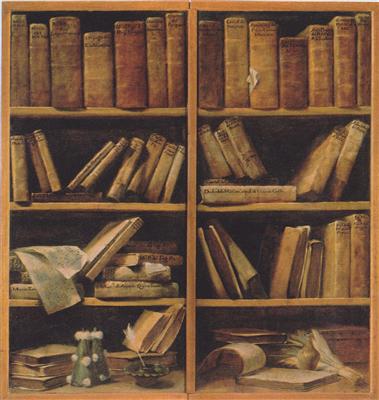
September 8 is International Literacy Day, a day that has been recognized by UNESCO since 1965 and which is supported by the World Literacy Foundation. With them, we recognize that literacy is a fundamental human right. But it’s also a topic that may be closer to home than many of us may realize.
As we navigate the world, we rarely stop to think about literacy – the ability to read, write and interpret signs – and we take its contribution to our own lives for granted. And yet the UNESCO Institute for Statistics estimates that 13.9% of the world’s population is illiterate – meaning unable to read or write. In the United States, 14% of the population – or about 30 million adults – have “below basic” literacy skills: trouble doing more than “the most simple and concrete” literacy-related tasks.
Literacy is not a binary equation, as many assume, but a wide, multi-level spectrum. Across the globe, adults hold an extremely broad range of reading, writing and interpretive capabilities. At the lowest levels, adults can barely process information presented to them in various media and, at the highest levels, adults are advanced and sophisticated critical readers, capable of extrapolating from the most diverse sources to make sense of data and environmental stimuli with ease. Lest we believe that literacy is only a problem for others, less than 1% of the American adult population reads and processes at the highest literacy levels, with the lion’s share of American adults reading at or below the middle levels. As we move through our lives, we rarely consider the skills of others, much less the degree to which we might be able to improve our own!
Because illiteracy is tied to many social inequities, improving literacy holds great promise for bridging social divides – and this includes improving complex literacies in people who are already readers. Higher levels of literacy are associated with lower poverty, better health, lower rates of incarceration, greater rates of trust and a higher incidence of civic engagement. And higher levels of literacy have the ability to connect us to others across time and space, helping us learn from the past or reach out to people across the globe. Complex literacies that combine imagination with interpretation and creativity open up worlds to us, enabling us to engage more fully with others and to put ourselves in others’ shoes. Sometimes those worlds are imagined, as in a story. Sometimes they exist in the past. Very often, they exist in our possible, or probable, futures. At times, they exist in the office right next door.
If there’s one thing we know at Books@Work, it’s that people have hidden depths. We’ve been told “I never thought of myself as a deep reader” or “he surprised me with his knowledge” too many times to doubt this essential truth. Through our programs, participants come to see themselves and others as thoughtful, often very nuanced interpreters of ideas and stories, far more than our titles might suggest and more than the specifics our educational histories might indicate.
On this blog, we often write about the fascinating ways literature discussions make workplaces more creative, curious and inclusive. We are proud of the way our programs make work more human. And we are most proud of the way that Books@Work opens up complex literacies. The vast majority of our participants are adults who already read; together they discuss plays, fiction, nonfiction and poetry. Their discussions, with professors and their colleagues, are opportunities to interpret a narrative within the context of their own lives. And through their discussions, participants do more than develop their ability to read texts: they become better readers of people and places. They use abstract analytical skills and a broad vocabulary for talking about their lives and experiences. More than being “well read,” they are able to read well: situations, contexts and each other. Together, they create new understandings, new knowledge.

Giuseppe Maria Crespi, Book-Shelf With Music Writings, 1730, [Public Domain] via Wikiart.org
Image: Caspar David Friedrich, The Wanderer Above the Sea of Fog, 1818, Kunsthalle Hamburg, Germany [Public Domain] via Wikimedia Commons
Further Reading:
Books@Work and 21st-Century Literacies: Hall of Philosophy, Chautauqua Institution
Top 10 Things You Can Do to Improve Literacy
When You Bring Books to Work, Everyone Wins
Learn More About Books@Work or Sign Up For Our Newsletter

